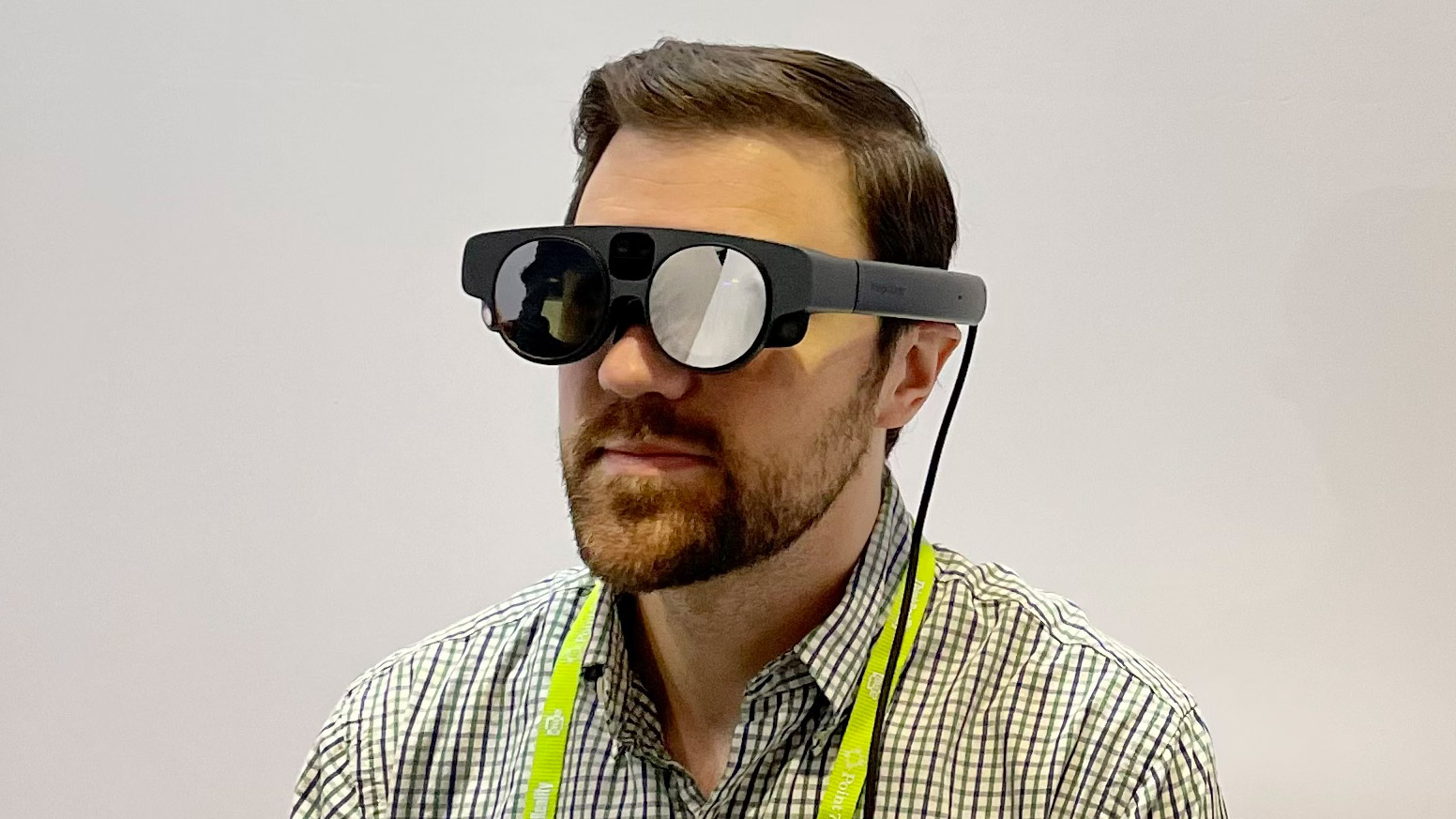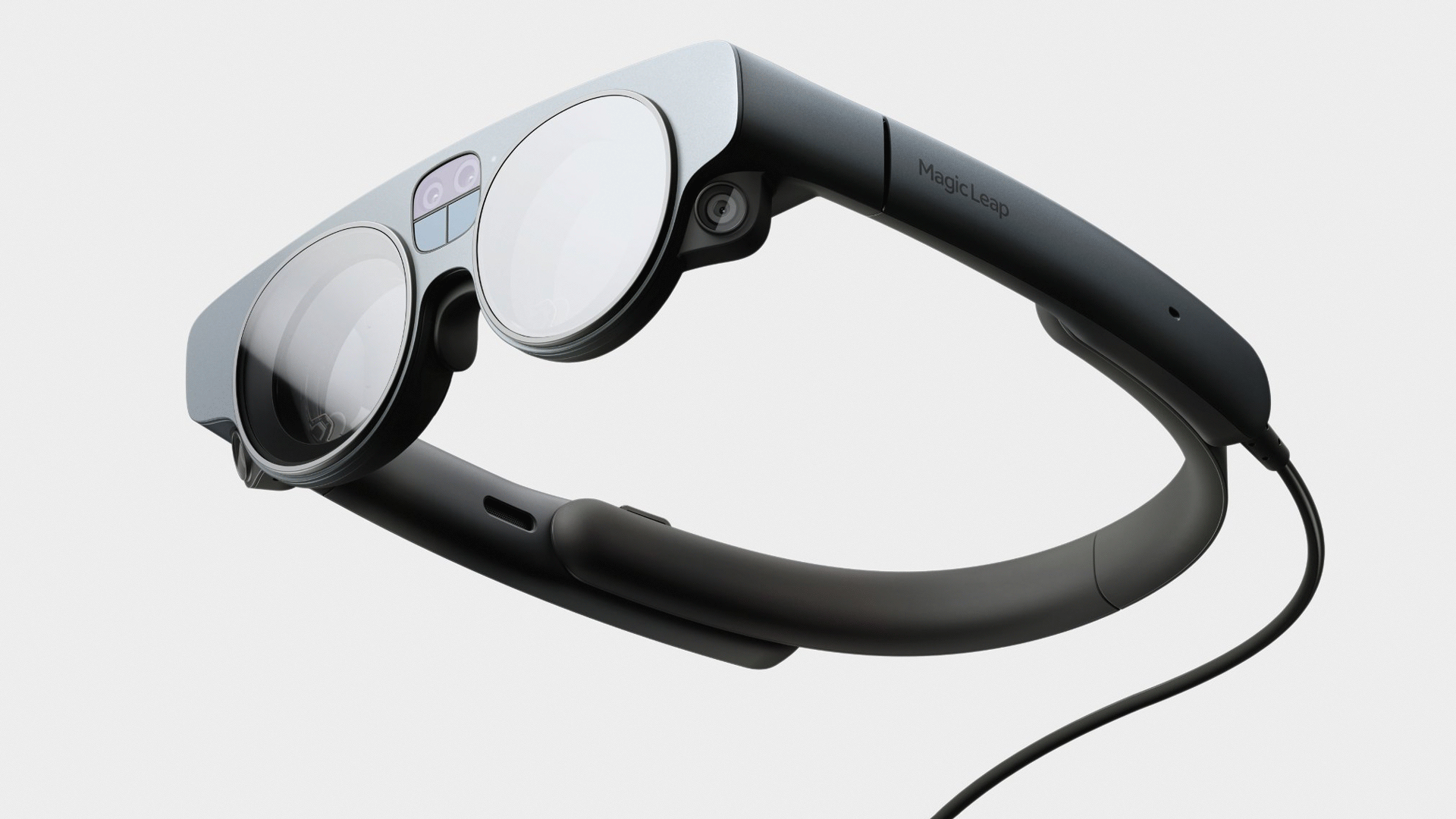A report from the Financial Times maintains Meta is currently in talks with AR headset creator Magic Leap to strike a multiyear deal, which could include intellectual property licensing and contract manufacturing of AR headsets in North America.
The AR unicorn is said to possess valuable IP regarding custom components, including its optics, waveguides, and software.
It’s said a potential deal may also allow Meta to lessen its reliance on China for component manufacturing. In 2019, Magic Leap partnered with manufacturing solutions company Jabil to create a Guadalajara, Mexico plant which the report maintains can assemble headsets in “the tens of thousands a year.”

Citing people with knowledge of the talks, the report maintains however a specific joint Meta-Magic Leap headset isn’t expected.
While both companies didn’t comment on a potential partnership, Magic Leap said this to the Financial Times:
“Given the complexities of developing true augmented reality technologies and the intricacies involved with manufacturing these optics, as well as the issues many companies experience with overseas supply chain dependencies, we have entered into several non-exclusive IP licensing and manufacturing partnerships with companies looking to enter the AR market or expand their current position.”
Since it exited stealth in 2014, Magic Leap has released two AR headsets, Magic Leap 1 and Magic Leap 2, which have been compared in functionality to Microsoft’s HoloLens AR headsets.
The company has raised over $4 billion, with minority investors including Google, Alibaba, Qualcomm, AT&T, and Axel Springer. Its majority stakeholder is Saudi Arabia’s state-owned sovereign wealth fund.
In addition to Quest Pro mixed reality headset, Meta has confirmed it’s currently working on its next iteration of Quest, likely Quest 3, as well as its own AR glasses. Meta started real-world testing of Project Aria in 2020, a platform for training its AR perception systems and asses public perception of the technology.
,
